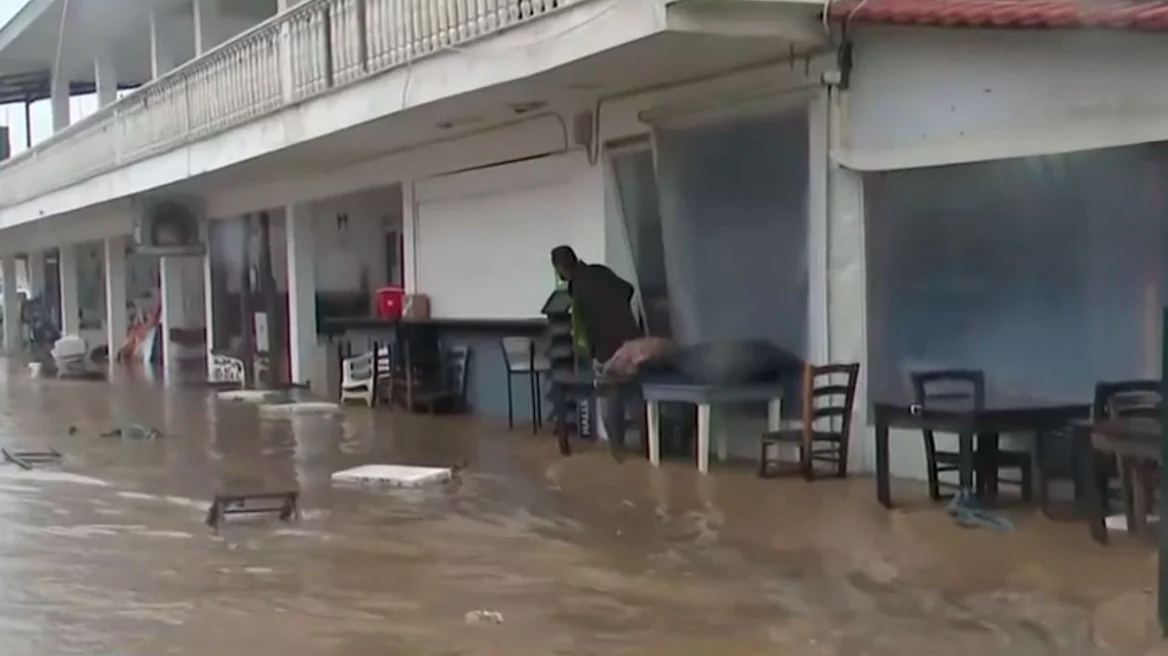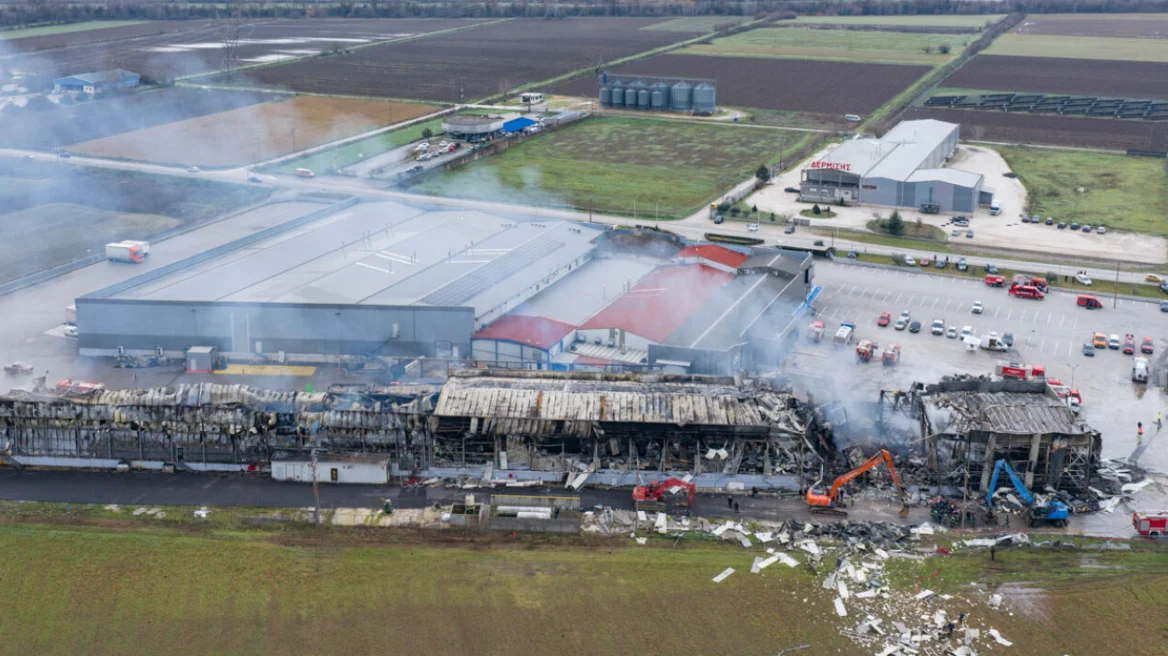The recent population census in Albania has sparked controversy, with allegations that it was designed to artificially reduce the size of the indigenous Ethnic Greek Minority. Concerns have been raised by various stakeholders, including Greek officials and the “Omonia” minority organization.
Background and Controversy
The population and housing census, completed in November 2023, announced its general results at the end of June 2024. Local results are expected by the end of 2024. The process has faced criticism from multiple minority groups in Albania, leading to tensions in the region.
Greek Government’s Stance
Greek Foreign Minister Giorgos Gerapetritis expressed serious reservations about the integrity of the census. He pointed out significant issues related to the process that cast doubt on the results. Gerapetritis emphasized that adherence to accurate data collection is a prerequisite for Albania’s European integration.
Omonia’s Complaints
The “Omonia” organization, representing the Greek minority of Northern Epirus (southern Albania), has been vocal in its criticism of the census. They argue that the process was flawed and aimed at diminishing the recorded size of the Greek minority. The census results are unfounded and unacceptable, aiming to perpetuate political discrimination and oppression of the Greek minority.
Discrepancies in Census Data
In the 2011 census, despite a call for abstention by “Omonia” due to concerns over transparency, 24,000 members of the Greek minority were recorded. In contrast, the 2023 census, conducted without such a call, recorded only 23,400 members. This discrepancy has further fueled the claims of deliberate data manipulation.
Broader Implications
The controversy extends beyond the ethnic Greek minority. Relations with North Macedonia have also been strained due to the recognition of a “North Macedonian minority” and the classification of certain Macedonians as Bulgarians based on their passports.
Procedural Issues
“Omonia” has highlighted several procedural flaws, including:
- A lack of cooperation from the Albanian authorities in preparing and conducting the census.
- Inadequate representation of minority groups in the census process.
- Instances where enumerators did not visit all households or accurately record responses related to national origin, language and religion, sometimes using…pencil instead of a pen.
The situation has called for a reassessment of the census results by both the Greek minority and the Greek government. As Albania moves forward, addressing these concerns will be crucial for maintaining fair representation and upholding the rights of all minority groups within the country.
Ask me anything
Explore related questions





